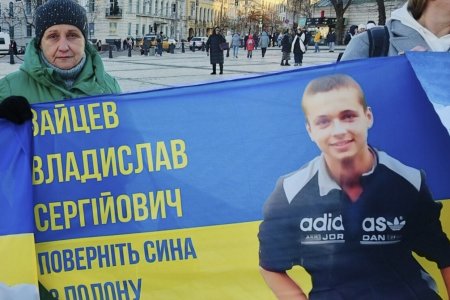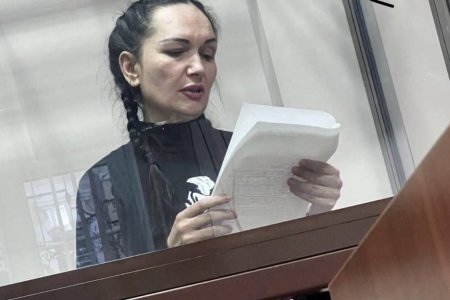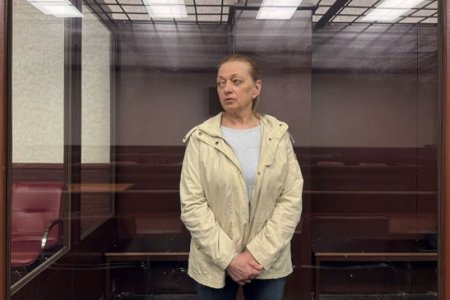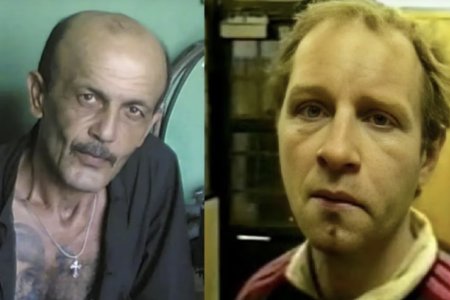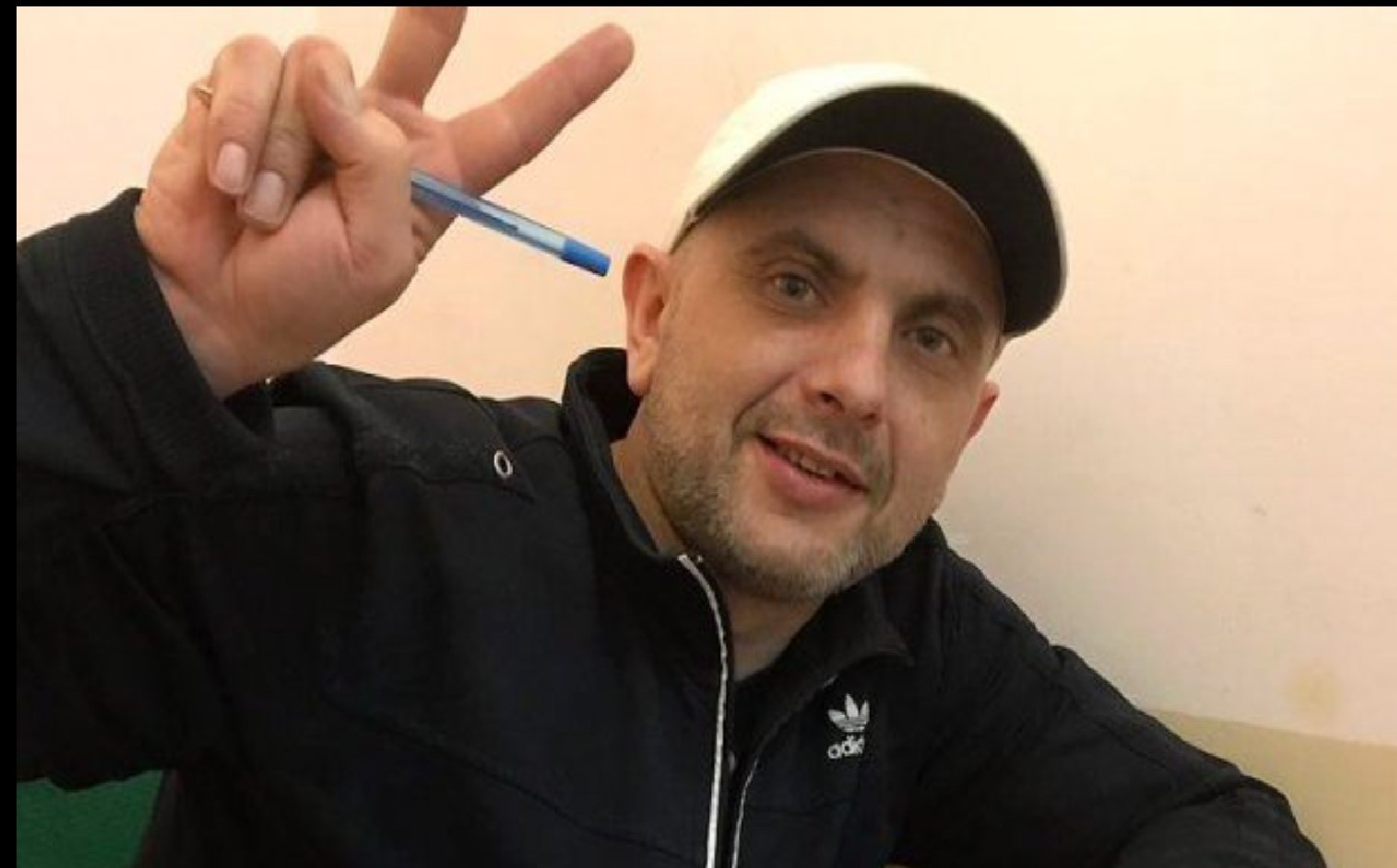
Ukraine’s Migration Service has issued many controversial decisions over recent years with respect to asylum seekers. This time, however, the victim of its inexplicable decision is one of the Ukrainian political prisoners whom Russia has been persecuting since 2014. After being seized by the Russian FSB, savagely tortured and imprisoned for six and a half years, all Andriy Zakhtei wants is to get back to Ukraine, to his wife and their daughter. He remains stranded in a Russian temporary holding unit because Ukraine’s Migration Service is refusing to issue him with a temporary document so that he can return from Russia to Ukraine.
Zakhtei was living in occupied Crimea when seized by the Russian FSB, and he spent all of his sentence imprisoned either in Crimea or Russia. He clearly had no opportunity to keep passport and other important documents up to date. Very many Ukrainians were, however, caught out because of Russia’s full-scale invasion, and Graty explains that special procedure has been in place since November 2022 to accommodate such cases. Simplified procedure enables a person’s lawyer, family, or the Ministry of Reintegration to apply for temporary documents on the person’s behalf. The Migration Service then checks the details provided against their database, and provides the documentation without the person having to physically take part or sign for the documents. In this case, however, they have said that they cannot confirm the information about their register. They offer only that Zakhtei can apply again after changing the reasons for which he was rejected. Given Zakhtei’s inability to reach Ukraine, it is hard to imagine how he can do this, with it now the Ukrainian authorities that are keeping him a prisoner in Russia.
Zakhtei’s illegal 6.5-year sentence ended on 18 February 2023. His ordeal should have ended then, as there was even a Russian court ruling ordering his expulsion from Russia. Without the correct documentation for crossing the border, he was, however, placed in a temporarily holding facility for foreign nationals awaiting deportation. According to Oksana Zakhtei, the conditions that her husband is now being held in are even worse than those in the harsh-regime prison colony. He can only receive parcels weighing up to three kilograms a week, with the food that Oksana will be sending him very likely the only sustenance he gets. He can only drink water from a dirty and rusty pipe. There is almost no Internet connection which is the only way to telephone Andriy.
It is, in short, vital to get Zakhtei out of there, and his lawyer is currently working on ways to either get the information on the single register confirmed or to find a safe third country to which he could first go.
Zakhtei is one of four Ukrainian citizens who were seized in August 2016 when Moscow tried, unsuccessfully, to convince the international community that Russia was the victim of a dastardly ‘attack by Ukraine’ on occupied Crimea. It was claimed that Ukraine’s Military Intelligence had been thwarted in carrying out ‘terrorist attacks’ in occupied Crimea, with the only ‘evidence’ being ‘confessions’ tortured out of the four men while held totally incommunicado and an alleged stockpile of weapons without any fingerprints or other proof to the detained Ukrainians. Zakhtei was, at the time, a taxi-driver living in Yevpatoria with his wife and small child. He was shown on Russian propaganda videos ‘confessing’ to having transported ‘saboteurs’ and their things around Crimea for Ukraine’s Military Intelligence.
Zakhtei and the most prominent of the FSB’s victims, Yevhen Panov, retracted these ‘confessions’ when, after many weeks, and due to the European Court of Human Rights’ intervention, they received access to independent lawyers. Both gave harrowing accounts of the torture used to obtain their supposed testimony.
Both men were subsequently subjected to huge pressure, and held in particularly appalling conditions, to try to get them to retract their retractions and admit to the charges. Zakhtei was also, clearly, offered a much shorter sentence if he did so.
He was, however, also tricked, with a ‘court’ in occupied Crimea sentencing him on 16 February 2018 to six and a half years’ imprisonment and a large fine on the fabricated charges.
See: When Russia shouted that Ukraine had attacked Crimea: A tale of torture and fabrication
